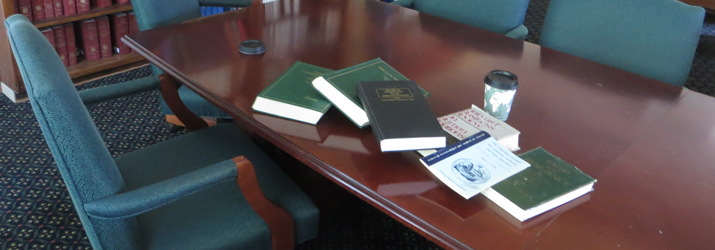About the Contemporary History Institute
From World War II to the Present
The Contemporary History Institute enjoys a national and international reputation for excellence. It has hosted scholars, speakers and students from around the globe. Through graduate training, research scholarship, and an active series of sponsored events, Ohio University's Contemporary History Institute provides historically grounded analysis of contemporary world affairs at both the national and international levels.
The Contemporary History Institute (CHI) performs a unique function in American higher education today: it analyzes the contemporary period in world affairs — the period from World War II to the present — from an interdisciplinary historical perspective.
CHI works with Ohio University's History Department whose faculty enjoy a reputation for excellence in the field of contemporary history and post-World War II studies. At least 14 members of the History faculty specialize in some aspect of recent history. In the past two decades, these scholars have published more than two dozen books dealing with various aspects of the Cold War and post-Cold War periods as well as several major works on World War II and its origins. The depth of knowledge and historical perspective that these scholars offer CHI enables the Institute to bring interpretive clarity to the turbulent complexity of contemporary world affairs.
But the Contemporary History Institute also is fundamentally interdisciplinary in nature. It draws on faculty from the departments of Political Science and Economics and the E.W. Scripps School of Journalism who lend their distinct disciplinary and methodological perspectives to the enterprise. The synergy of interdisciplinary insights that results provides a powerful analytical foundation for understanding the recent past and the issues confronting us today.
The Institute does not, in itself, grant degrees. Instead, it offers a Certificate in Contemporary History, which serves as an adjunct to the M.A. and Ph.D. programs in history, the M.A. degrees in economics and political science, the M.S. degree in journalism, and the Ph.D. degree in mass communications.
